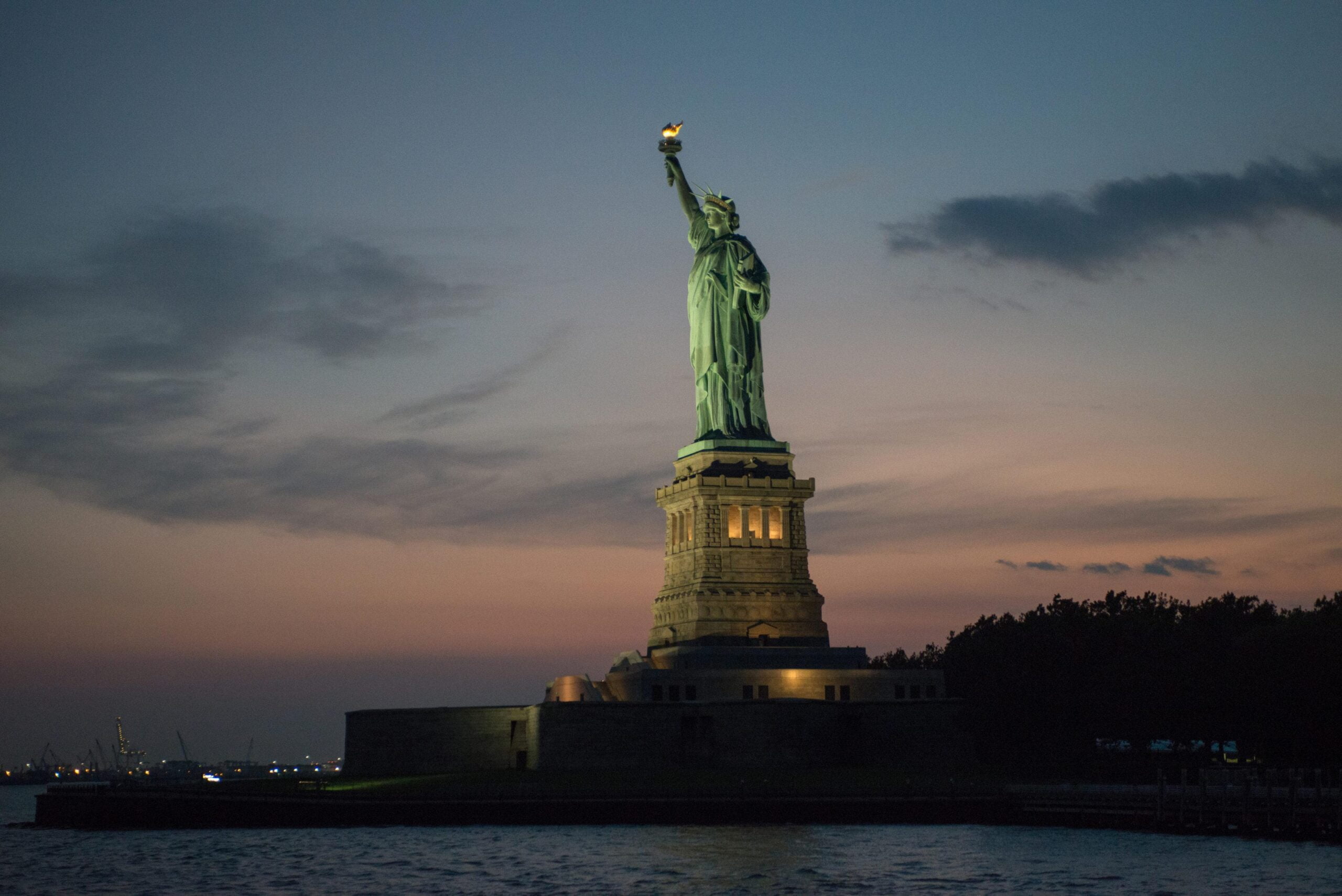America’s Colonial Chains (History)
In the chronicles of history, the saga of America’s colonial chains stands as a testament to the enduring spirit of freedom and resilience. From the earliest days of European exploration to the hard-fought battles for independence, the American colonies endured centuries under the yoke of colonial rule. Yet, through perseverance, sacrifice, and unwavering determination, they ultimately broke free from the shackles of oppression and forged a new path toward liberty. Let us embark on a journey through time, tracing the arc of America’s struggle for liberation.
The Dawn of Colonization
Our story begins in the late 15th century, as European explorers set sail in search of new lands and riches. Spain and Portugal, fueled by dreams of conquest and glory, were among the first to reach the shores of the New World. Their arrival marked the beginning of a new era of colonization, as indigenous peoples faced the onslaught of European imperialism. The plunder of resources, the spread of disease, and the imposition of foreign rule laid the groundwork for centuries of oppression.
Seeds of Rebellion
As the 16th and 17th centuries unfolded, other European powers joined the race for empire-building in the Americas. England, France, and the Netherlands established colonies along the eastern seaboard, each vying for dominance in the New World. The American colonies, built upon the backs of indentured servants, enslaved Africans, and displaced indigenous peoples, became pawns in the struggle for imperial supremacy. Yet, amidst the shadows of oppression, a spirit of defiance began to take root among the colonists.
Chains of Tyranny
With each passing year, the chains of colonial tyranny grew ever tighter around the American colonies. British mercantilist policies, such as the Navigation Acts, restricted trade and stifled economic growth. Heavy-handed taxation, including the Stamp Act and the Tea Act, fueled resentment and unrest among the colonists. Despite their grievances, the colonists found themselves ensnared in a web of oppression, bound by the dictates of a distant monarch and a distant parliament.
A Cry for Freedom
Amidst the gathering storm of discontent, a cry for freedom rang out across the colonies. Visionaries such as Samuel Adams, Patrick Henry, and Thomas Paine rallied their fellow colonists with impassioned speeches and stirring writings, calling for resistance against British tyranny. The ideals of liberty, equality, and self-governance took hold in the hearts and minds of the American people, igniting a flame of revolution that would forever alter the course of history.
The Flames of Revolution
The spark that ignited the flames of revolution came on a crisp April night in 1775, as British troops marched on Lexington and Concord in pursuit of rebel munitions. The shot heard round the world marked the beginning of open hostilities between the colonies and the crown. From the frozen fields of Valley Forge to the hallowed grounds of Yorktown, the patriots fought and bled for the cause of liberty. With the signing of the Treaty of Paris in 1783, the chains of colonial bondage were finally shattered, and America emerged as a sovereign nation.
The Legacy of Liberation
The legacy of America’s colonial chains lives on in the collective memory of its people, a testament to the power of perseverance and the triumph of the human spirit. From the hushed halls of Independence Hall to the soaring spires of the Statue of Liberty, the story of America’s struggle for freedom echoes through the ages, inspiring generations to stand up against oppression and injustice wherever they may be found. As we reflect on the journey from colonial bondage to independence, let us never forget the sacrifices made and the lessons learned along the way. For in the crucible of adversity, America forged its destiny and proclaimed to the world that no chains, however heavy, could bind the spirit of liberty and the quest for justice.

